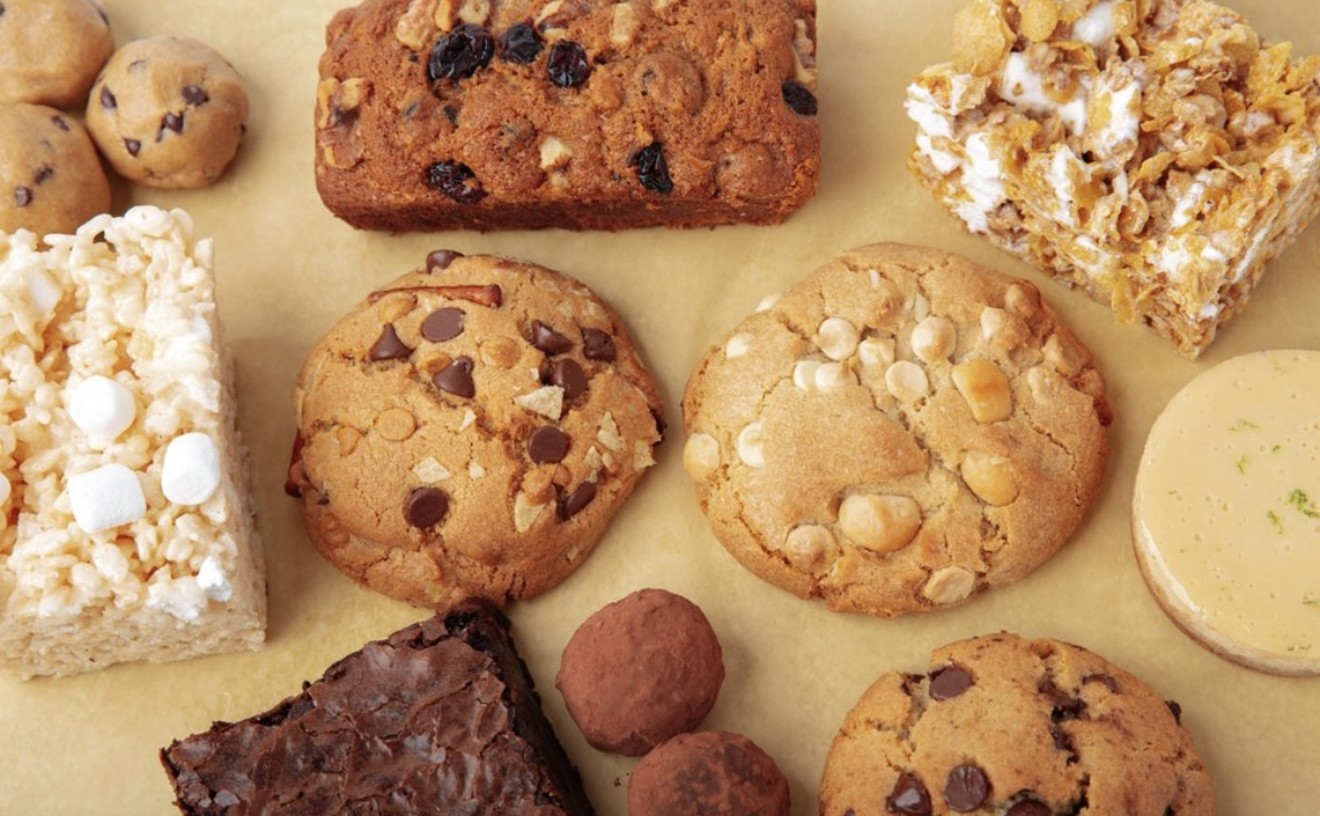"If we're going to do food seriously we need to have a style," Associated Press food editor, J.M. Hirsch, said in a conference call. "Really it all began with bok choy. I had this headspin moment when I realized that there are like five variations on how to spell bok choy."
The AP puts out its Stylebook, which is used by most U.S. journalists and newspapers as a guide, every year. While the book has always included some food terms, this is the first year the AP has aggregated them in one special section.
Some style questions like differentiating palate (the roof of the mouth and sense of taste) from palette (a term for an artist's paint board) were easy, but others weren't quite so straightforward. Consider the cases of the bloody mary (the proper noun is not capitalized) and sloppy Joe (the proper noun is). Hirsch and his research team weren't able to figure out exactly why.
"More than surprises there were frustrations," said Hirsch. "Parmesan is another one that frustrates me. While it's appropriate to capitalize Parmigiano-Reggiano, parmesan can be produced anywhere in the world."
Other guidelines: Broccolini and Popsicle are trademarks, hence they should be capitalized. Whisky without an "e" should only be used in conjunction with Scotch. And the term for a set menu with multiple courses is spelled: prix fixe. The guide also addresses the much hated term foodie, which it defines as "slang for a person with a strong interest in good food."
"Some people don't care for [the word] and don't like to apply it to people who like food, but it's so pervasive it made sense to include it," said Hirsch.
Follow Short Order on Facebook and Twitter @Short_Order.










